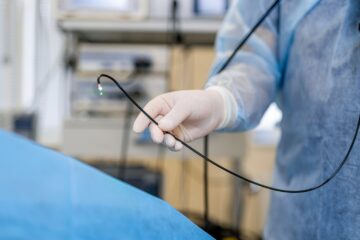
Researchers in England have identified a large group of genes that may be significant for better testing and treatment of prostate cancer.
Glycan sugar groups on the surface of prostate cancer cells were found to react to changes in testosterone levels that help the disease grow and spread, and may prove to be a good target for treatment, researchers at Newcastle University report in a study published in the journal EBioMedicine.
The researchers used RNA sequencing on a prostate cancer cell line and seven prostate cancer patients to identify 700 clinically relevant genes affected by testosterone.
Researchers watched for responses to androgen stimulation in cell cultures, and androgen deprivation in patients, finding the glycan groups responded and, when expressed in cancer cells, contributed to the survival of prostate cancer cells.
While more research will be needed, researchers say they have been identified as a good target for treatment in breast cancer and immunotherapy targeting glycan groups in neuroblastoma was found in previous research to be successful against the disease.
“Our findings are very significant for future treatments as they identify a new group of molecules in prostate cancer which could be targeted therapeutically,” Dr. Jennifer Munkley, a research associate at the Institute of Genetic Medicine at Newcastle University, said in a press release. “Now we have identified these glycans we will be able to develop strategies to inhibit them and help patients with this condition.”
[Source:- UPI]




